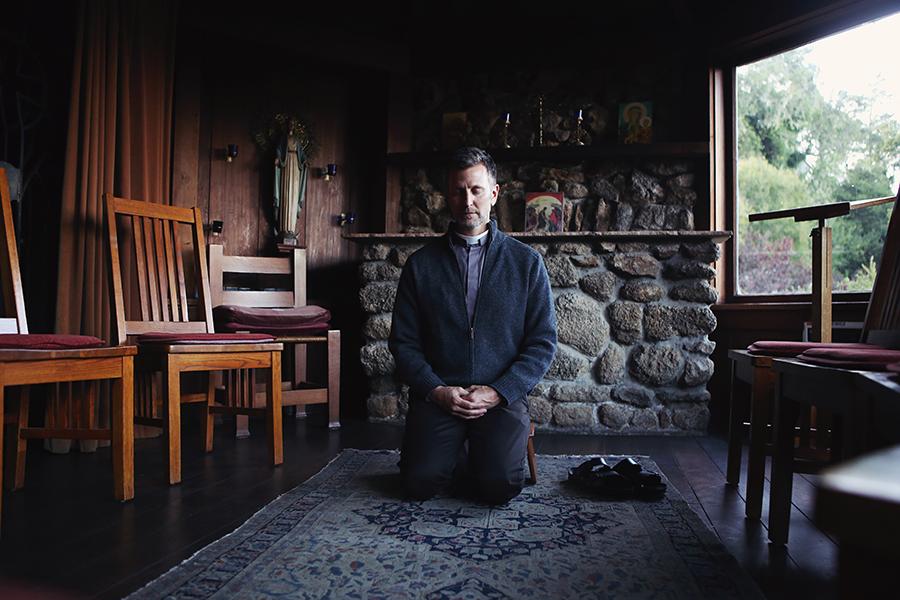The pews of St. Columba’s Episcopal Church and Retreat House held just a handful of stalwart souls for years. Now they are full . . .
St. Columba’s thriving under contemplative priest


The pews of St. Columba’s Episcopal Church and Retreat House held just a handful of stalwart souls for years. Now they are full . . .